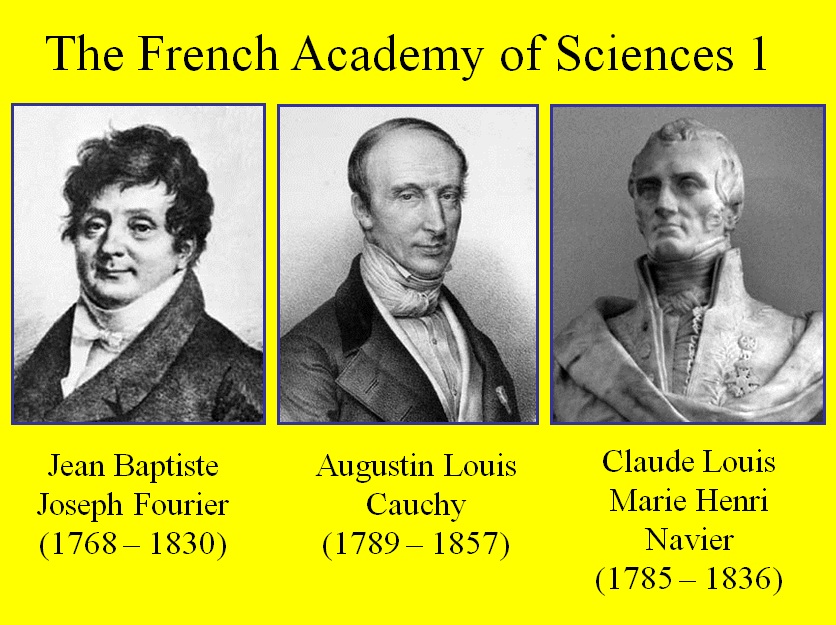
Augustine Cauchy became a fellow of the French Academy of Sciences in 1816, and had only presented his own research to the Academy since then. However, on May 25, 1829 he presented Galois' memoire "Algebraic Research" to the Academy. It was to be judged by Cauchy himself, along with Joseph Fourier and Claude Navier.

On June 1, 1829 Cauchy presented Galois' second memoire, "Research on Algebraic Equations of the First Degree." Judgment was given to Cauchy and Poisson. At this point, Cauchy was an extremely well-respected mathematician, and the Academy allowed him to take the two memoires home.
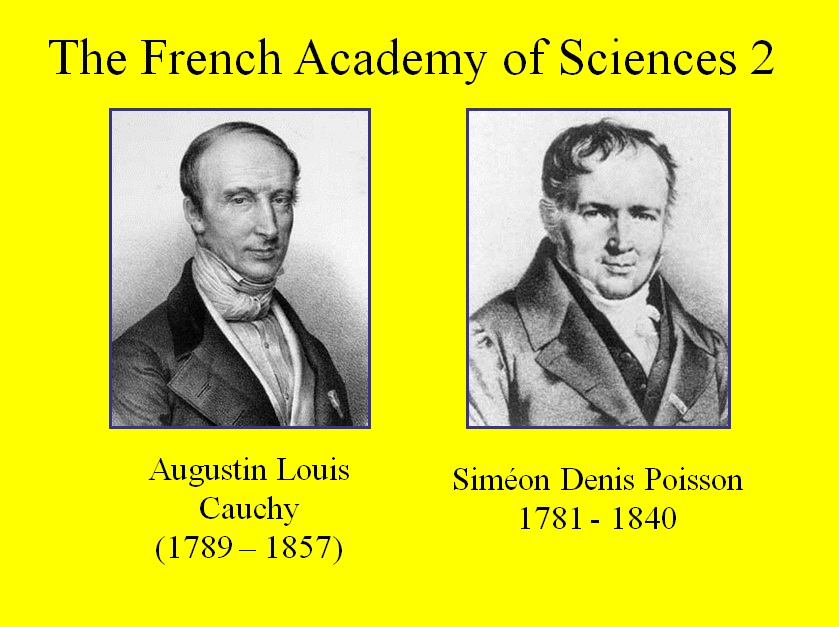
The political climate in Paris at this time was still heated, and a plot was hatched to force Evariste's father out of the office of mayor in Bourg-la-Riene. Rumors were spread and documents forged, and Nicalos-Gabriel Galois was forced out as mayor and he moved to Paris. On July 2, 1829, in a state of depression, he committed suicide. At his funeral, there were protests and rock throwing. Evariste was there to witness this.
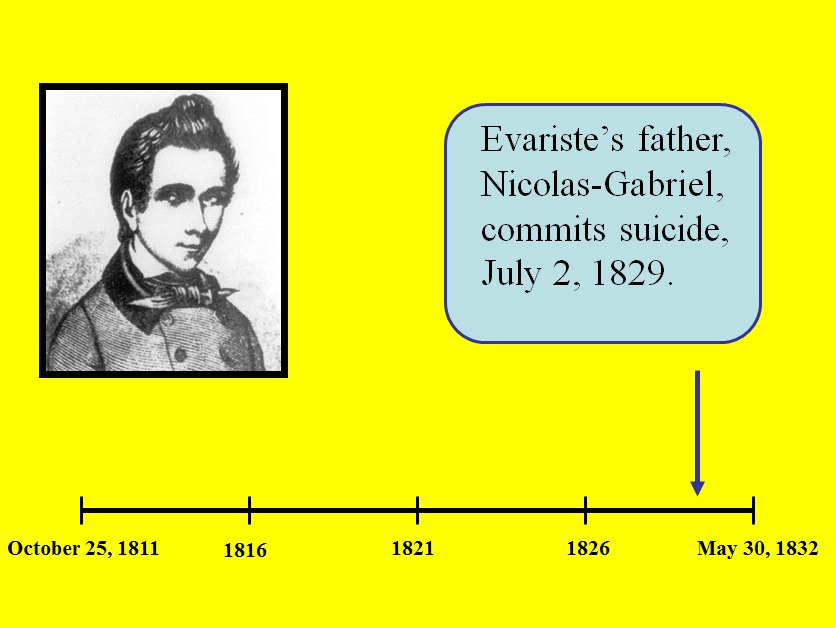
{\bf [Ecole Polytechnique]} Following his time at the Lycee Louis-le-Grand, Galois aspired to gain admission to the Ecole Polytechnique, the lead research university in France.
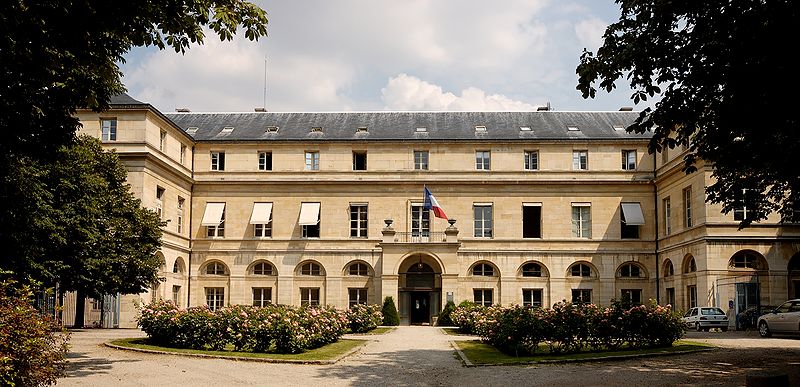
Unfortunately, Galois failed the entrance exam when he first took it in June 1828. He took the exam a second time in July 1829, shortly after his father's death. Galois became angered that the testers did not understand his answers and threw a blackboard eraser at one of them. He failed again. The entrance exam could only be taken twice, so he would not be attending the Ecole Polytechnique.
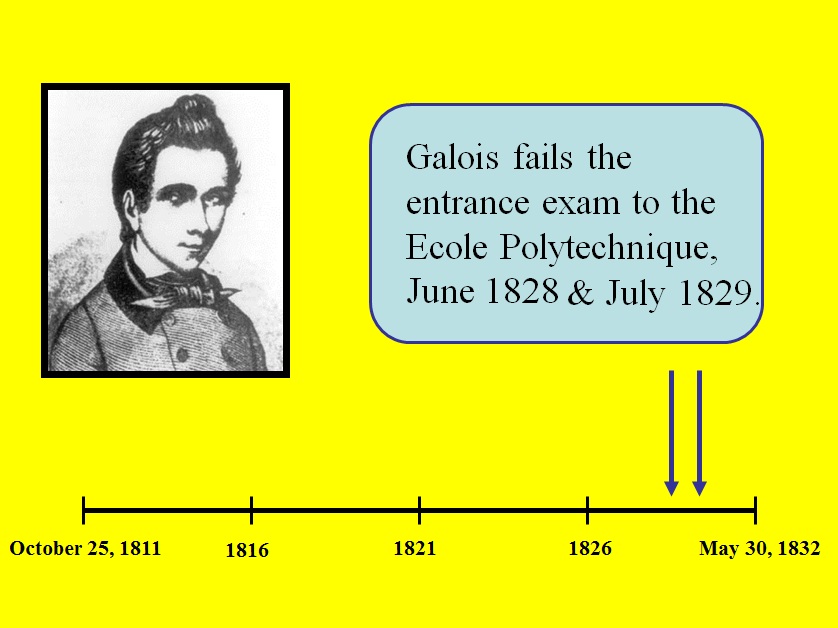
If he was not a student, then Galois would have no way to support himself. On February 20, 1830, he signed a pledge to become a teacher and remain in the education system for 10 years. This allowed him to enter the Ecole Preparatorie. It was at this school that he met his good friend Auguste Chevalier, who would have an influence on his political views and his mathematical legacy.
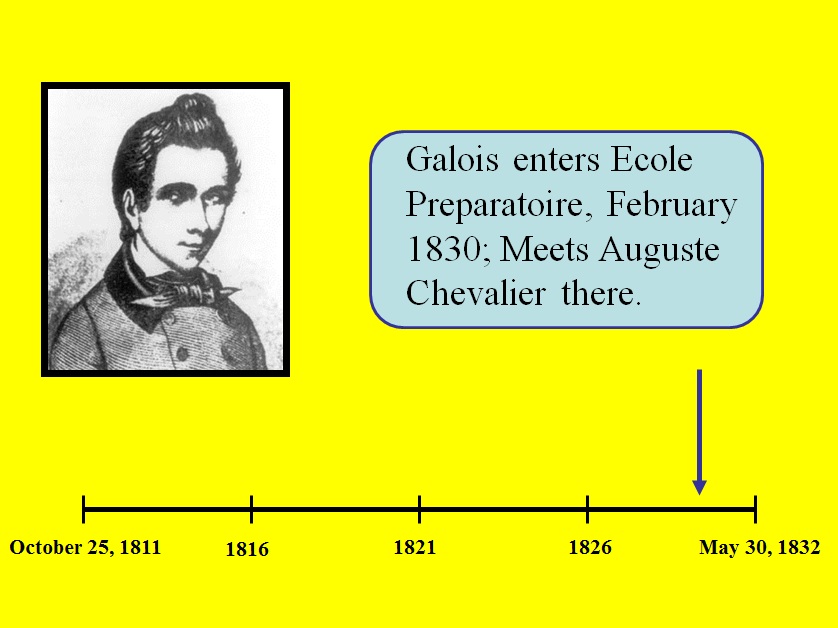
During this time, Galois had heard nothing concerning his memoires which he had submitted to the Academy. In fact, Cauchy never again mentioned Galois. Apparently Cauchy had lost the memoires!
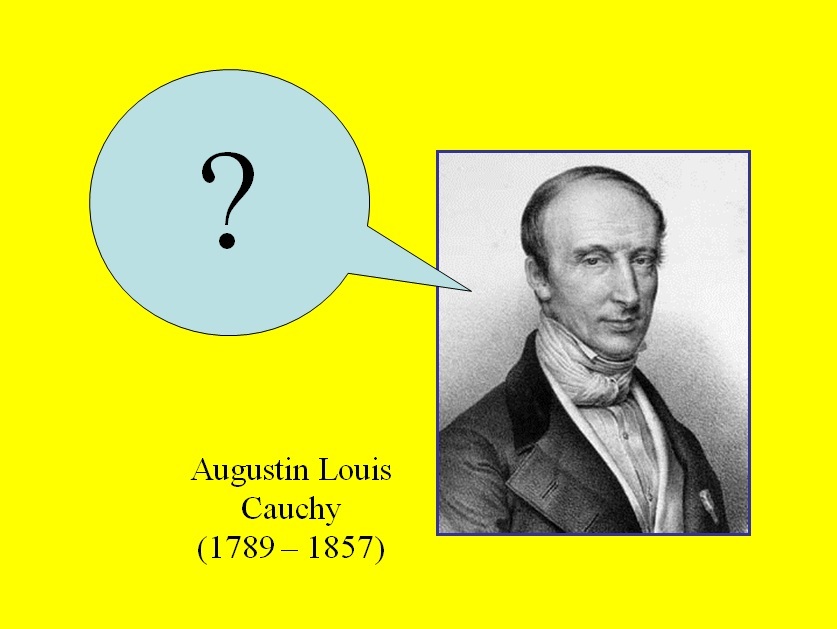
In mid-1830 the French Academy announced a math contest (the Grand Prix de Mathematiques). Galois rewrote his paper and presented his paper to the Academy. However, the "Galois luck" kicked in again! Joseph Fourier took that paper home and, a few weeks later died. Galois' paper was not considered, but no one bothered to tell this to Galois.
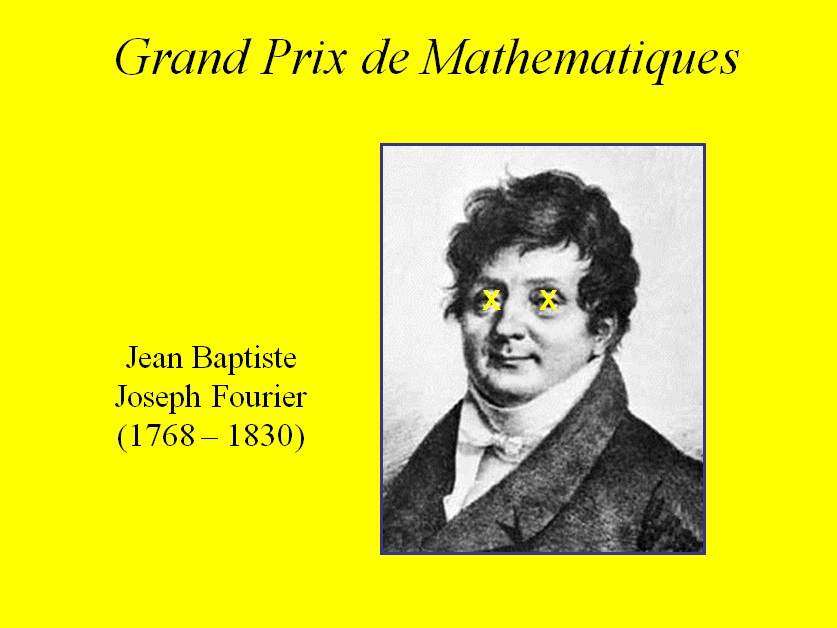
With the encouragement of Poisson, Galois submitted his memoire of algebraic equations a third time. On July 4, 1831 the paper was given a negative ruling. The opinion was that the work was wrong. However, a careful review of the report reveal errors in the ruling. They wrote: "We made all possible efforts to understand M. Galois' evidence. His thesis is neither clear enough, nor sufficiently developed to enable us to judge its rigour. Neither are we able to provide a clear idea of this work. For this reason, we return your manuscript in the hope that you will find M. Poisson's observations of use for your future research."
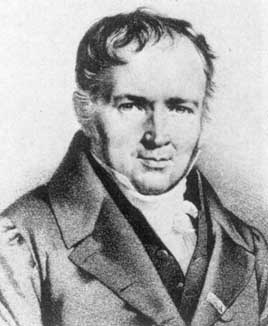
Mid-1830 did see a bit of recognition for Galois' work. In fact, Galois published five papers during his life.
Go to the next section: More French Politics.
Last revised October 19, 2011.